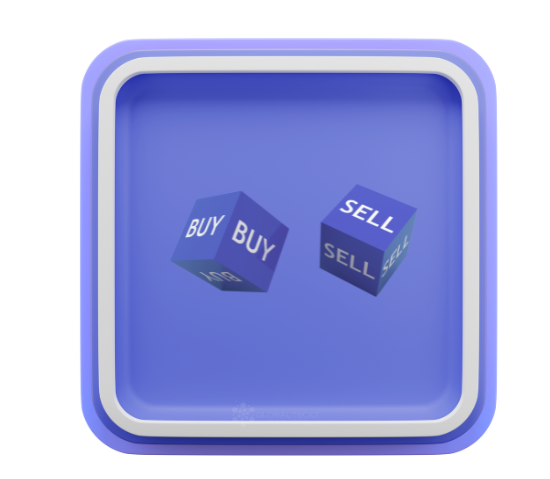ERP Software Solutions for Small Trading Businesses – Mumbai, India
Globalteckz is a leading ERP software company based in Mumbai, dedicated to empowering small and mid-sized trading businesses with powerful and affordable ERP solutions. We specialize in ERP implementation tailored to the unique needs of trading firms—covering inventory, sales, purchase, accounting, and customer management—all in one centralized system.
Our team offers complete ERP services including requirement analysis, customization, training, integration, and post-go-live support. With deep experience across India and global markets like the USA, UK, and the Middle East, we deliver scalable ERP systems that help trading companies streamline operations, improve inventory control, and boost profitability. Reach out to us at sales@globalteckz.com to discuss how we can transform your business digitally.









